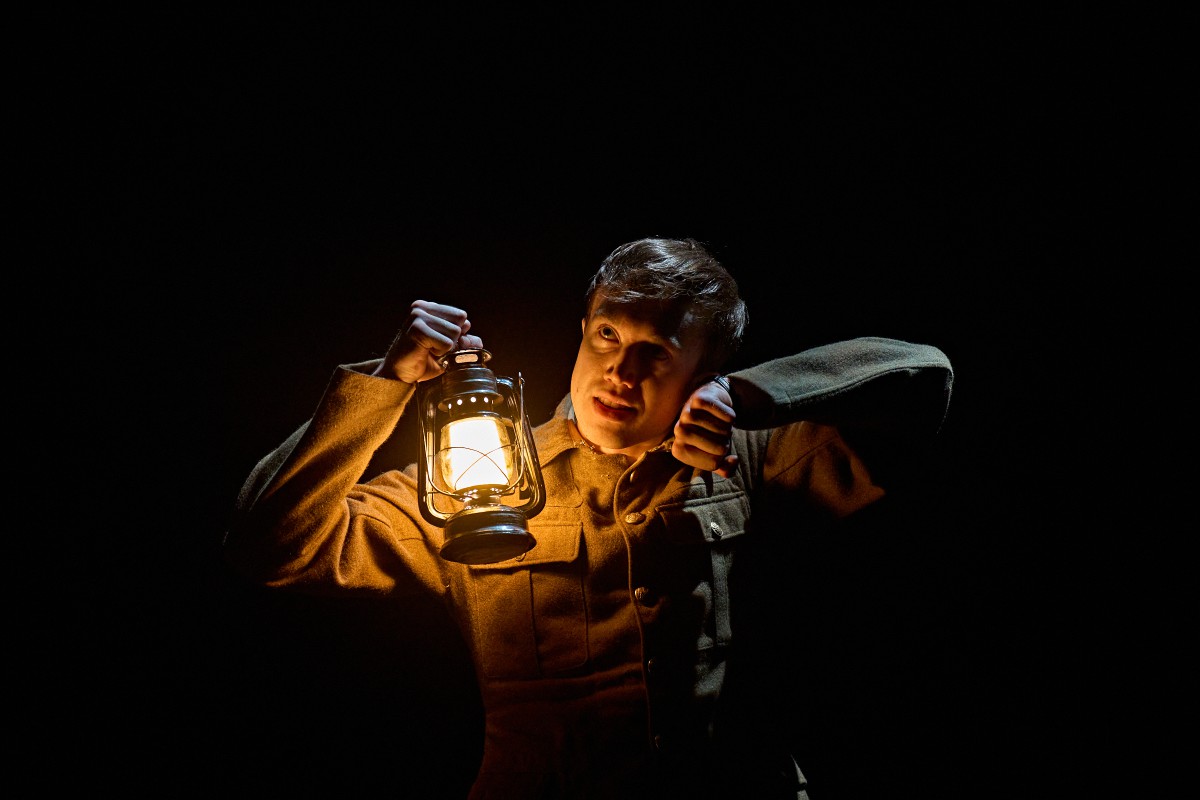The political meets the personal in this engaging tale of how three decades of economic turmoil – and the theories that underpinned it – affected a Devon family.
Joe Sellman-Leava leads the piece, gradually unfolding the story of his family’s fortunes via memories of a game of Monopoly, and several side expositions on the political and economic forces that came to shape their lives.
He is assisted by an apparently non-plussed Dylan Howells, whose job is described as making things pretty and keeping on track; in reality it is Howells that provides much of the life of the piece, with intricate projections and casual sleight of hand magic that provides visual delight and not a little humour.
It makes for a very stylish and engaging show, much more than you might expect for one that spends a reasonable amount of its 60-minute straight run talking about the economic theories of Adam Smith and John Maynard Keynes.
Sellman-Leave is however more the showman and his vocal impressions of a roster of politicians are largely impressive (though his Margaret Thatcher needs a bit more work), and his likeability and storytelling charm keep the audience engaged.
The main challenge here is finding something genuinely new to say. While part of the schtick is the pair’s attempt to maintain political balance, the conclusions are the leftish ones that you might expect from people who produce small-scale touring theatre, and that the audience that go to see it would agree with.
And while even those on the right would accept that today’s economy has it flaws – UK housebuilding does not reflect demand, global trade is impressive but doesn’t equally reward the efforts of those involved in production – but other than the truism that it would be nice if things were a bit fairer, it doesn’t really offer any alternatives.
It’s a show that delights in its artistry, and is a joy to experience – and Sellman-Leave, Howells, and director Katharina Reinthaller have triumphed in that regard – but it leaves us a little too comfortably aggrieved.


